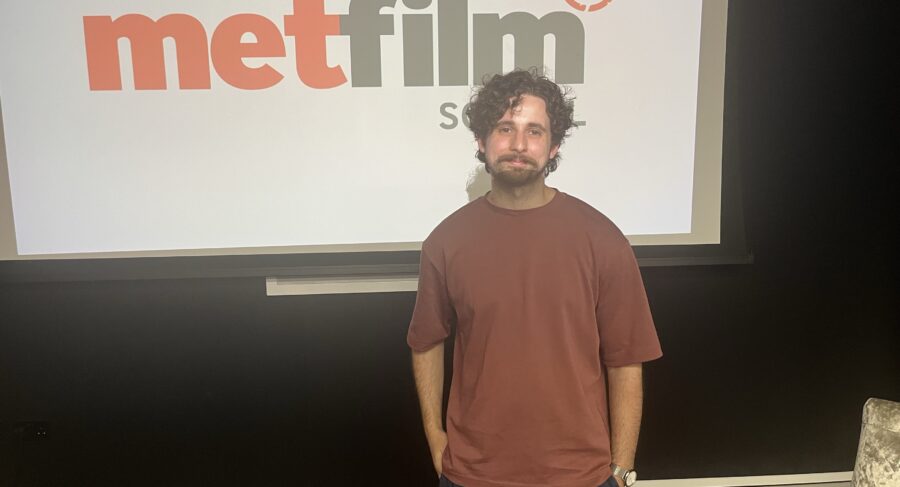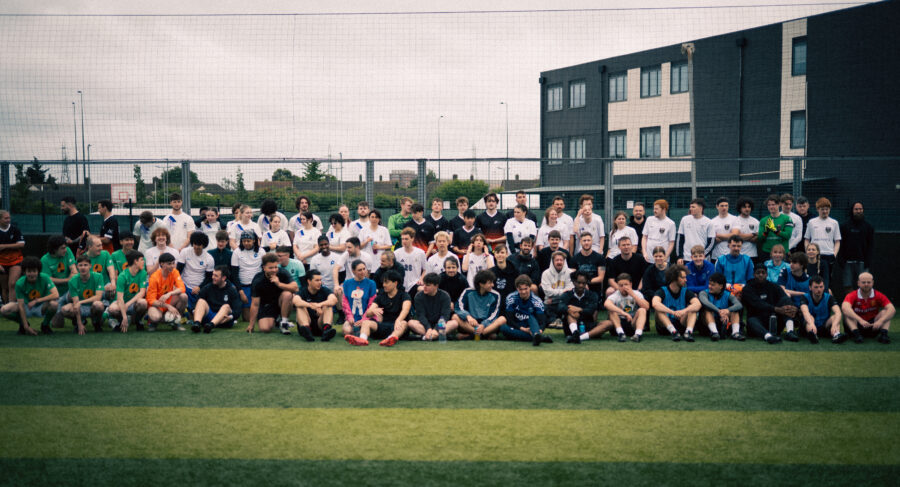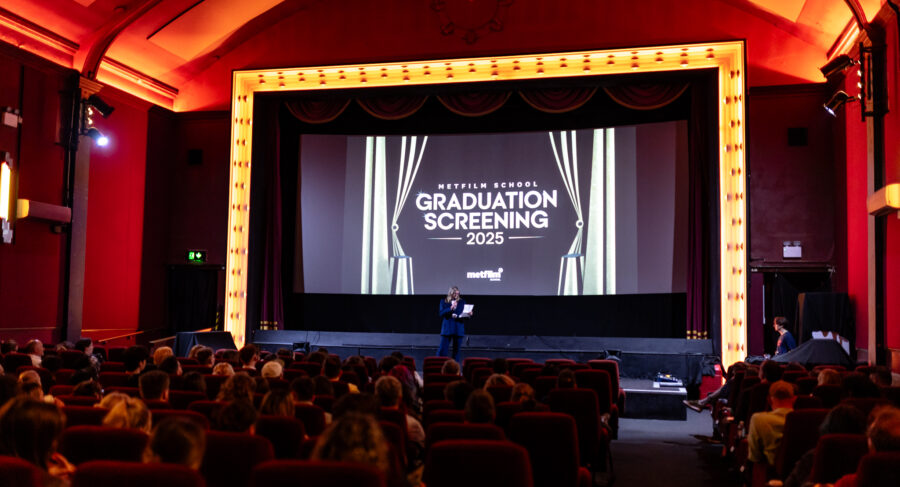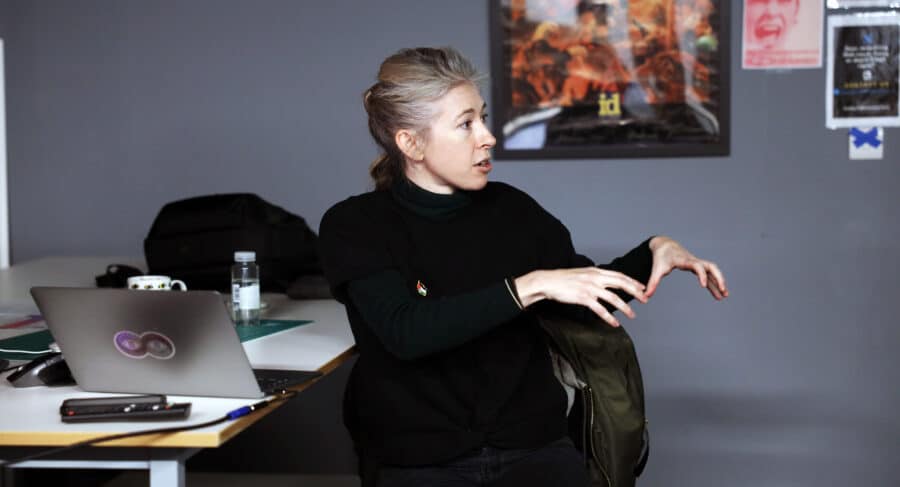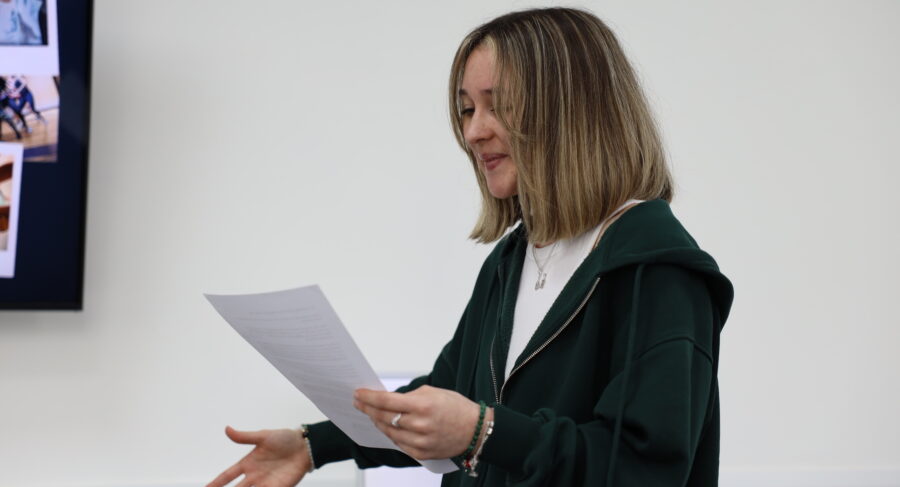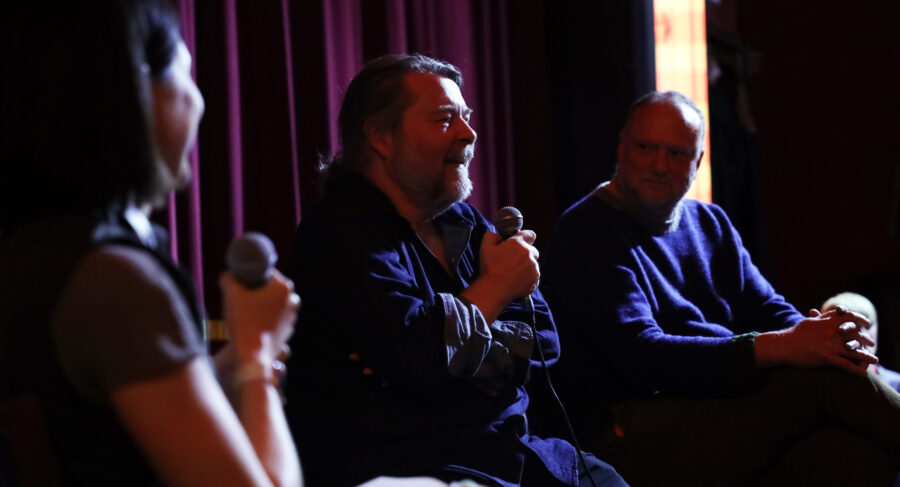Arkie Reece (BA Screen Acting tutor) shares top acting tips
By Danny Kelly
03 February 2017
At Met Film School we’re really proud of the fact that so many of our tutors are experienced, working professionals – boasting awards and credits from many diverse international productions. One of the benefits of this is that they have some great advice to give, which is certainly the case for British actor Arkie Reece, who is a lead tutor on our screen acting courses. He has worked extensively in both film and television, and is best known for his roles in The Bourne Ultimatum, John Carter, Dracula Untold and 24: Live Another Day.
We asked Arkie Reece if he’d be happy to write us a guest blog this week – giving some top tips for aspiring actors. Here is what he had to say…
I regularly get asked which attributes are needed in becoming successful in the film business. And those conversations usually end up being a mishmash of various opinions and theories, usually with ‘persistence’ and ‘luck’ at the root of the debate. It’s a strange and unpredictable job. And truth be told, there is no universal formula. However, writing this piece has given me the opportunity to delve deeper into the subject and offer my three top tips for actors at the beginning of their career journey. Actors who are still new, but have already done some training and have some experience in front of the camera.
1. Keep practicing
Firstly, it’s important to remember that acting – like music and writing – will never be fully perfected because there’s no ‘right way’ of doing it. It’s not a science. However, it does demand a keen eye and a knowing of oneself, and the way to achieve that is be practicing. It’s a doing process.
Taking on different scripts, going to classes, reading, being on a set whenever possible, watching yourself back on screen (no more than 3 times per performance), improving your imagination and technique – and all the while allowing yourself to make mistakes and learn from them. Eventually, with experience, you’ll begin to find a rhythm and look at the filming world through a different, more evolved set of lenses than the ones you started with.
2. Learn how to audition
For the last two years’ I’ve been asked to help assist two of the top casting directors in the business with their auditions – so I’m regularly in the same room as them, directors and producers on various projects. And let me tell you – knowing how to conduct yourself in castings is gold dust.
Again, this only comes with experience. The audition room is an unnatural setting, and it will take some time to establish an understanding of what is required. You’re like Bambi on ice until the muscles learn how to help you balance on new territory.
But the truth is, casting directors are rooting for you. They’re hoping that you enter that room and light the place up. And as long as you show an understanding of the feel and rhythm of the audition scenes, you’re pleasant to talk to, and come across as trustworthy – you’re half way there. Beyond that it’s out of your hands.
Never go into castings trying to please anyone. Casting directors, directors and producers want to see your interpretation of the character in auditions. It’s less interesting seeing actors and actresses trying to guess what they might want. In nearly every casting process, it’s a breath of fresh air when someone brings a certain quality to the character that wasn’t written on the page. And the only way to produce that is to be authentic and brave. As I say to my students in my acting classes, “I’m well aware that you may be feeling inspired and terrified at the same time. This is absolutely normal.”
3. Have passions, interests and jobs outside of acting
This is in no way to be confused with ‘having something to fall back on’. On the contrary. It’s to give a different focus and perspective, which helps us as actors. It breathes a freshness into the work. It makes us feel a regular sense of achievement and accomplishment – which are of vital importance when working in a career where rejections can be frequent.
Maintaining a healthy passion for your work goes without question, but with nothing else to keep your mind occupied, it can turn into dependency and desperation. And that’s where problems start arising in both your professional life, as well as personal. The industry can deliver many ups and downs – sometimes even on the same day – so make sure you have something to enjoy outside the biz.
A big thank you to Arkie Reece for sharing these tips in today’s blog!

